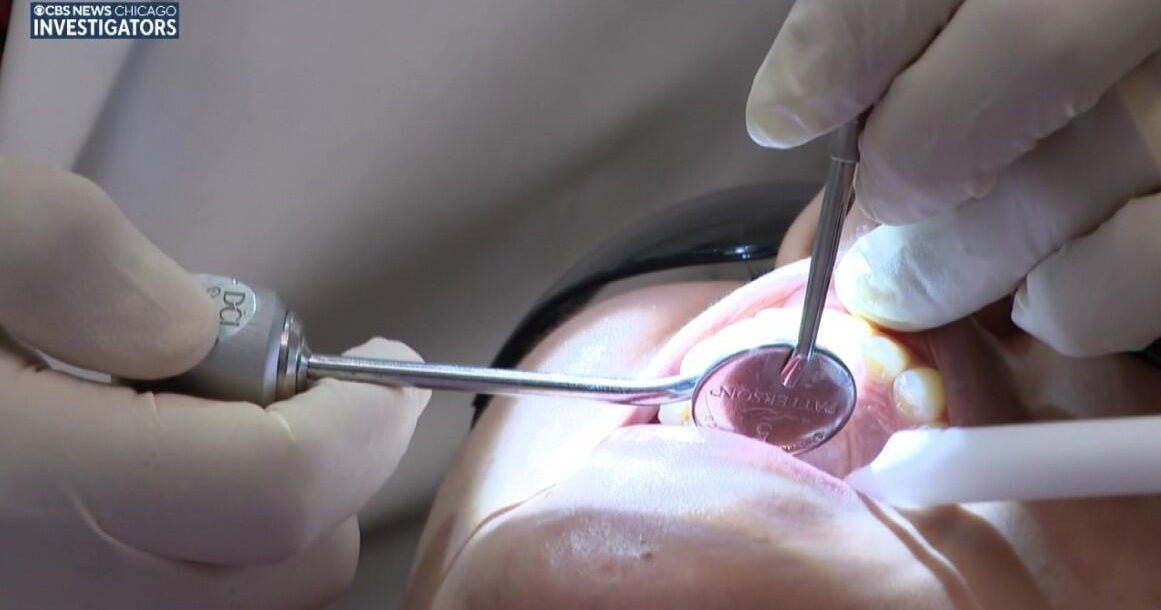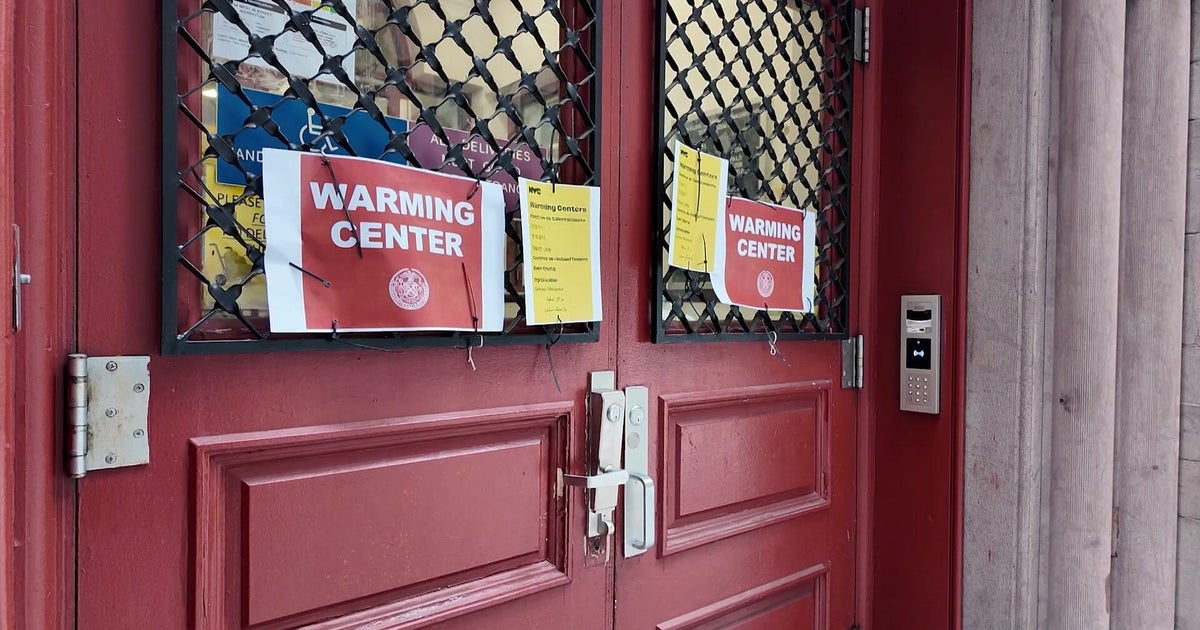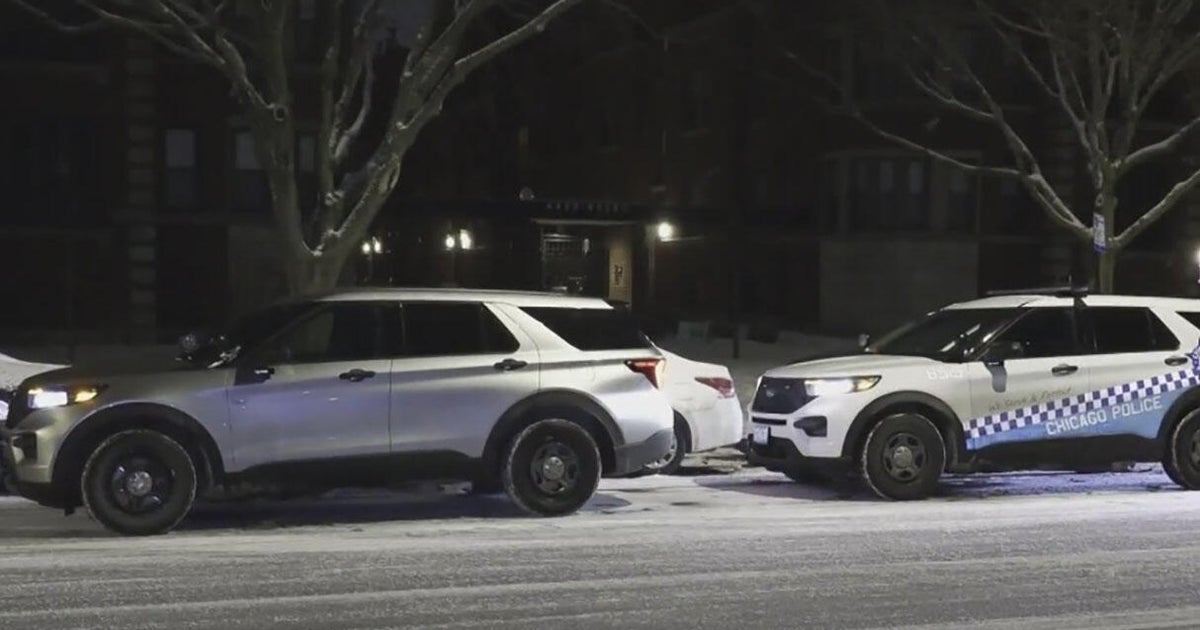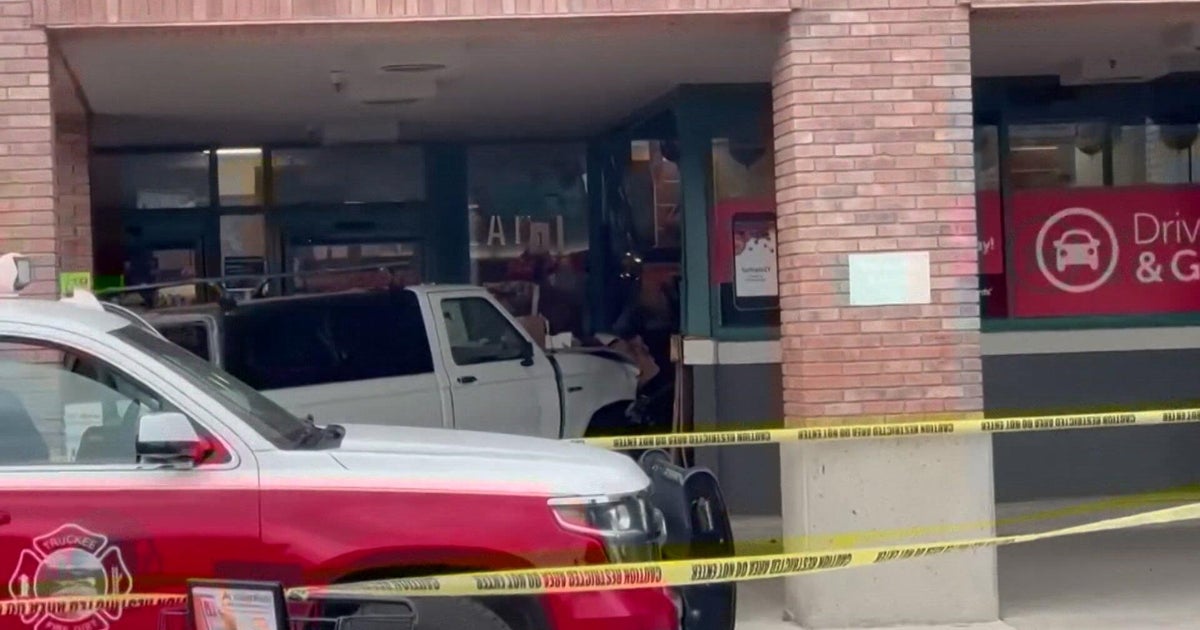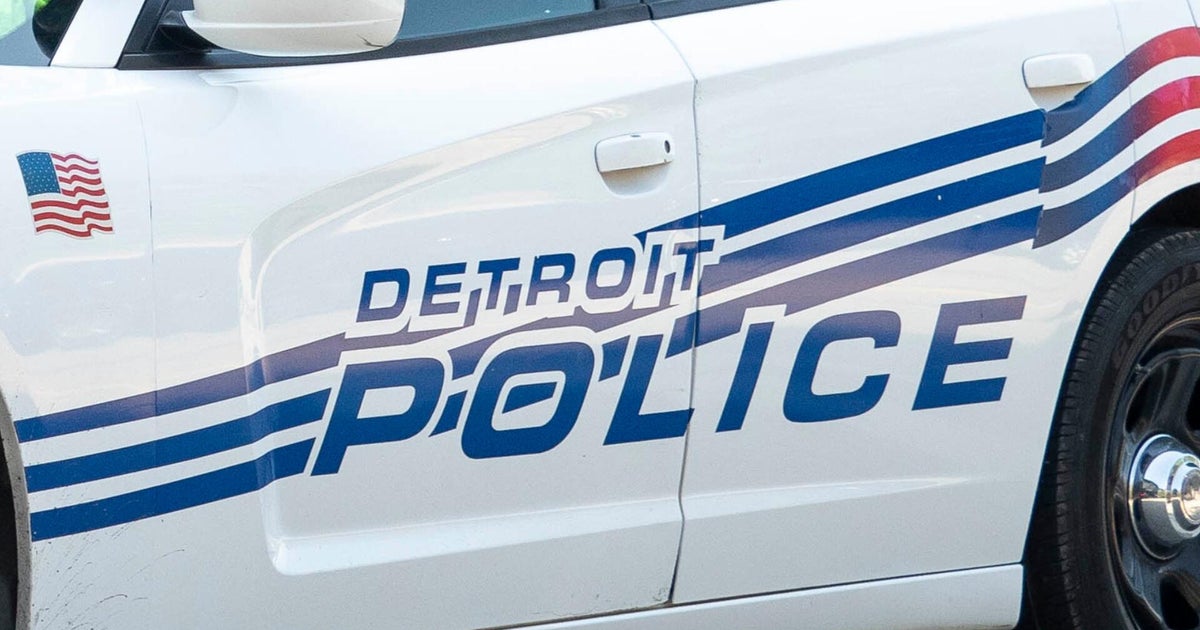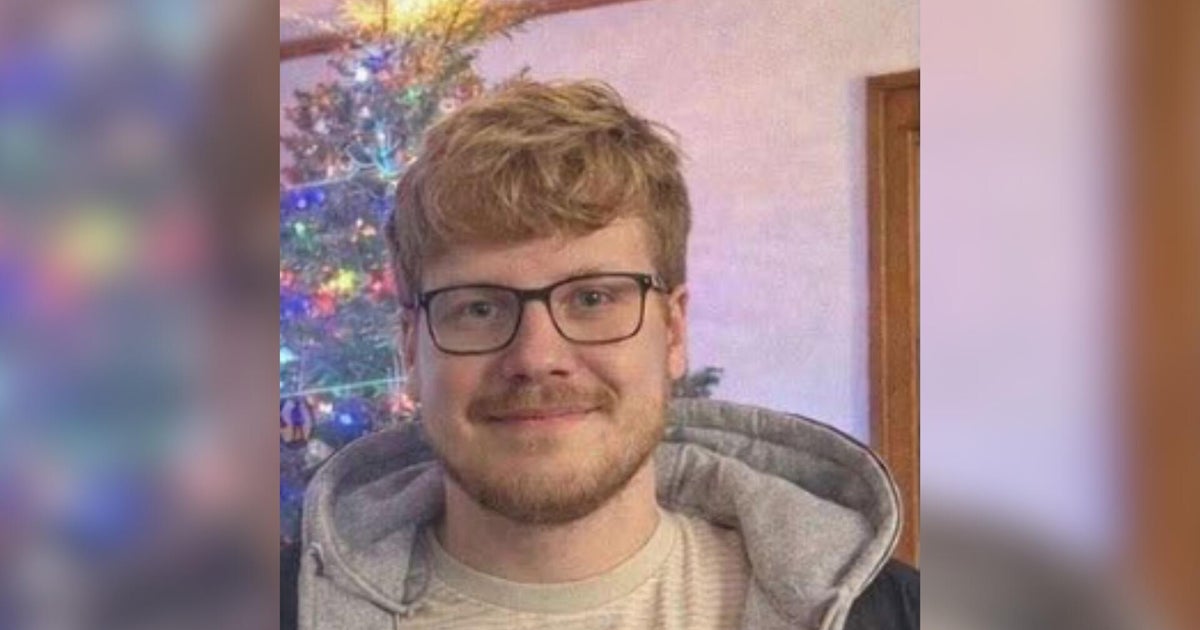McCarthy On Expanded Safe Passage Program: 'This Is True Community Policing'
Updated 08/26/13 - 11:25 a.m.
CHICAGO (CBS) -- The city's top cop said he's pleased with how things have been going so far, as children head back to their first day of classes.
WBBM Newsradio's Regine Schlesinger reports Police Supt. Garry McCarthy – whose department has been preparing for this day for months – said the first day of the expanded Safe Passage program has gone smoothly so far.
McCarthy said the tumult of transferring nearly 13,000 kids to new schools, because of the closing of 49 elementary schools, has had a silver lining.
"I'm seeing small groups of kids being walked to school by their parents, or their older brothers or sisters," he said. "This goes to the heart of what we've been talking about since I've been here, which is … to me, this is an opportunity. This is true community policing."
McCarthy: Smooth Start For First Day Of School
With a heavy visible police presence along the Safe Passage route for Charles W. Earle Elementary School at 62nd and Seeley – which replaced the now shuttered Goodlow Elementary Magnet School – and a police helicopter hovering overhead, McCarthy said, despite a few glitches, everything has been going well.
The Safe Passage program was added at 53 new schools this school year, after the Chicago Board of Education approved closing 49 elementary schools and one high school program in May. Another 35 schools already had Safe Passage routes in place.
In the Roseland neighborhood, underlying tension between schools now merged into one led to a show of force to keep kids safe.
Aside from police, city workers from several different agencies turned out to provide extra security along the Safe Passage route for Haley Elementary School, which was taking in students from nearby West Pullman Elementary.
In the past, students at the two schools have had an ongoing rivalry, which prompted tight security for the first day of class.
The goal is to make sure every morning is a good one, so Safe Passage workers, police, and other city workers have been assigned to line the route between Haley and the closed West Pullman campus.
Safe Passage workers admitted their presence at Haley is critical.
"This is a hot area," Safe Passage supervisor Bob Jackson said. "West Pullman is closing. That's one set of gangs over there, and this area's saturated with cliques and gangs."
Police officers on foot patrol, and in both marked and unmarked squad cars were patrolling the area Monday morning. Other city workers in orange and yellow vests stood on street corners to keep an eye out for trouble, and help calm parents' concerns.
For some parents, however, it still wasn't enough.
"I got a little safe ability with them being out here, but mine ain't going to be as safe, and I'm not going to feel as safe as I am, unless I'm walking mine myself," Diane Bernard said. "So I will be a momma getting up every morning, walking my kids to school, even though they is out here."
During the past three weeks, eight people have been shot along Safe Passage routes, though all of those shootings occurred before school started and the routes were staffed by trained Safe Passage workers, police officers, and other city employees.
The most recent shooting along a Safe Passage route was late Sunday night, when a 28-year-old man was shot in the neck in the 1400 block of South Tripp Avenue.
A week ago, five people were shot along a Safe Passage route in the Uptown neighborhood. One victim later died. Two weeks ago, two people were shot along a route in Bronzeville. One victim died in that shooting.
The superintendent said there are still challenges ahead, and added if this were a football game, it would still be the first quarter.
"We deploy based on crime trends. There's obviously going to be greater challenges in the afternoon than there are in the morning, okay? And we recognize that, and we will deploy accordingly," he said.
Asked about three children shot on Sunday, one of them a 14-year-old killed in West Garfield Park, McCarthy pointed to crime statistics showing a dropping murder rate in Chicago, and offered his oft-repeated refrain of "progress, not success" in the fight against crime.
